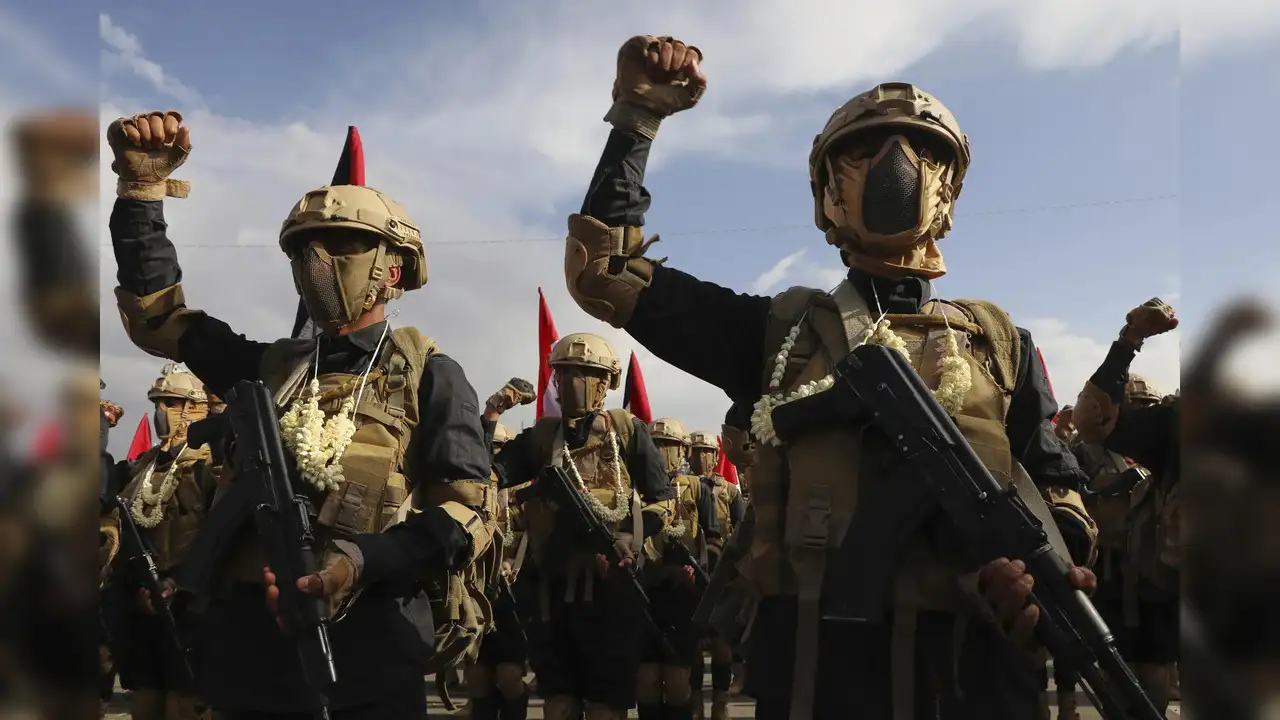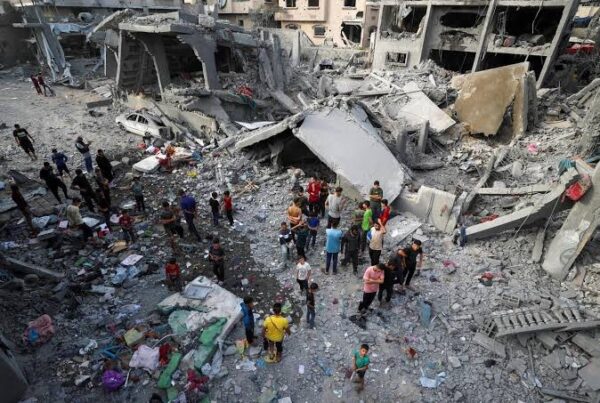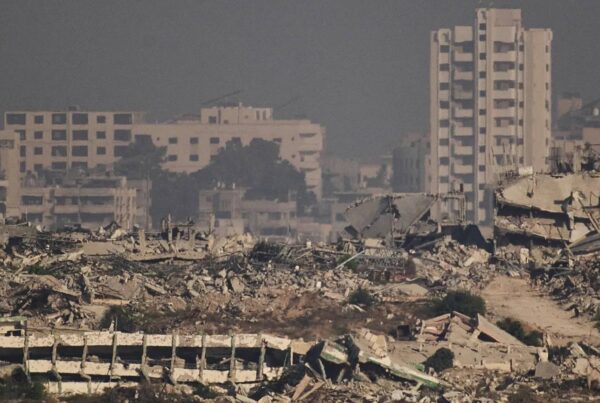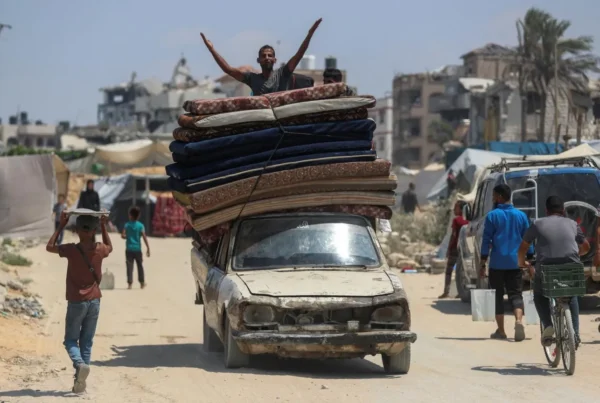Yemen’s Houthi rebels have detained at least 19 United Nations staff in raids that shook the international community. The detentions came only days after Israeli airstrikes killed Houthi Prime Minister Ahmed al Rahawi and several ministers. The UN strongly condemned the move and warned that humanitarian operations in Yemen are now under serious threat.
Background of the Detentions
The raids on UN offices in Sanaa and Hudaydah took place on 31 August 2025. Initial reports suggested 11 staff were detained. But by 3 September, the official number rose to 19, including 18 Yemeni nationals and one international staff member. UN spokesperson Stéphane Dujarric stated, “We demand the immediate release of all our staff. These detentions are unacceptable and in clear violation of international law.”
The detentions are widely seen as retaliation for the airstrikes that killed the Houthi prime minister. The strikes fueled anger within the group, which has long controlled much of Yemen, including the capital Sanaa.
UN and International Reactions
UN Special Envoy for Yemen Hans Grundberg met with Houthi negotiators in Muscat, Oman, and voiced direct condemnation. The UN stressed that the incident hampers crucial humanitarian missions. Yemen remains one of the world’s worst humanitarian crises, with millions relying on international aid for survival.
Beyond the UN, the global community also expressed concern. Amnesty International described the detentions as part of a broader pattern of human rights violations by the Houthis. Human Rights Watch noted that similar practices have occurred since 2021, with at least 23 UN employees detained before this incident.
Impact on Humanitarian Operations
The detention of 19 UN staff has sparked new fears among aid workers. Several NGOs reported mounting challenges in reaching conflict-affected areas due to tighter Houthi administrative control through bodies like the Supreme Council for the Management and Coordination of Humanitarian Affairs (SCMCHA).
This has created severe disruptions in aid delivery. A humanitarian official, speaking anonymously to Reuters, said, “The situation is increasingly unsafe. We don’t know who will be targeted next. This could paralyze the entire aid operation in Yemen.”
Conflict Context and Political Escalation
Yemen’s decade-long conflict has drawn in multiple actors. The Houthis, backed by Iran, remain locked in war with a Saudi-led coalition. The dynamics grew more complex with Israel’s recent involvement, marked by airstrikes on Houthi leadership.
Targeting UN staff added a new layer to the geopolitical picture. Analysts argue that the Houthis are sending a symbolic message to the world, showing they will not remain silent under external military pressure.
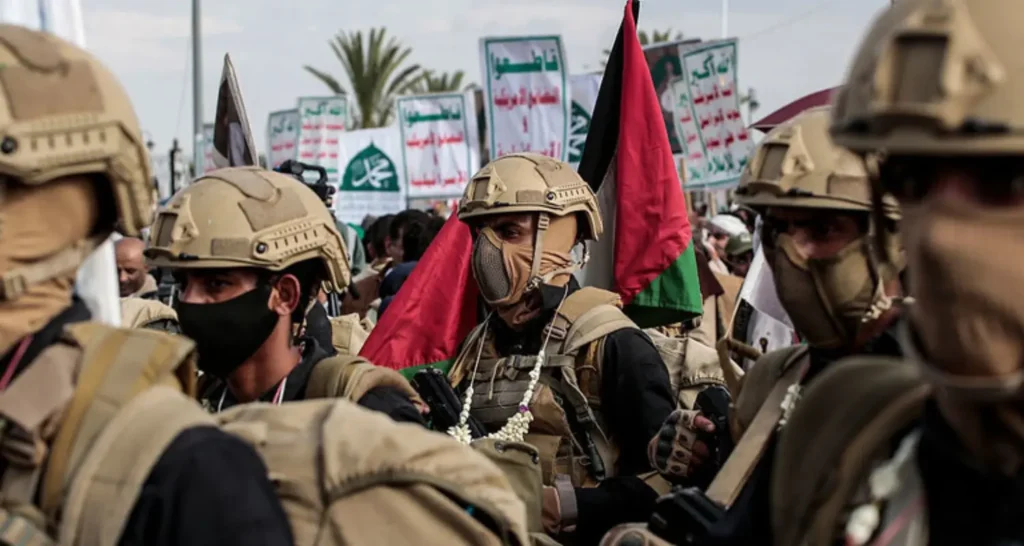
Expected Diplomatic Responses
UN diplomats are now intensifying negotiations. Members of the UN Security Council are expected to hold an emergency meeting to address the crisis. Several nations, including the United States and the European Union, are pushing for additional sanctions on Houthi leaders if UN personnel are not released.
Regional mediators such as Oman and Qatar are also engaging, given their channels of communication with the Houthis. Yet, so far, there has been no indication that the group is willing to release the detained staff.
Wider Humanitarian Consequences
Yemen already ranks among the hungriest nations on earth. According to UN data, more than 17 million Yemenis suffer from acute food insecurity. The detention of UN staff threatens to derail food distribution programs, medical aid, and basic health services.
If left unresolved, the risk of widespread famine will escalate dramatically. Children are expected to be the most affected group, as they already face high rates of malnutrition and stunted growth.
Analysis and Conclusion
The detention of 19 UN staff by Yemen’s Houthis highlights how armed conflict and political agendas directly undermine global humanitarian work. The incident also underscores that even international personnel are not immune to the dangers of war zones.
The UN has vowed to keep pressing for the release of its staff, while the global community is urged to respond firmly. This crisis represents a serious test for international solidarity in upholding humanitarian law.
Yemen now stands at a critical crossroads. Without swift resolution, the consequences may ripple beyond its borders, threatening regional stability and international trade routes in the Red Sea.
Also read our related report on the global humanitarian crisis at Olam News for deeper insights into the challenges facing aid operations in conflict zones.
Temukan lebih banyak dari Berita Olam
Berlangganan untuk mendapatkan kiriman posting terbaru ke email Anda.

